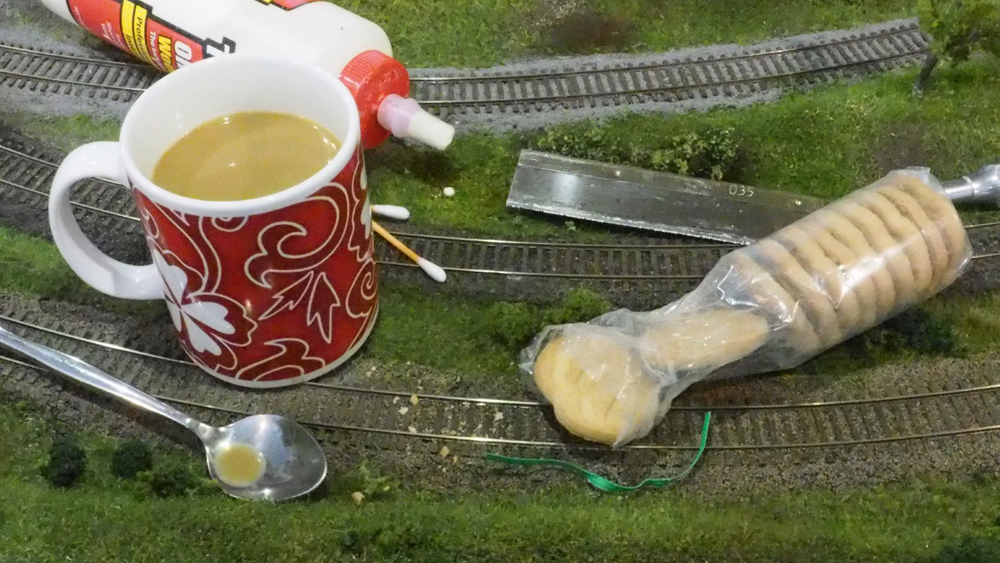
Tips for keeping your model railroad layout clean: A clean layout is fun to run, fun to work on, and fun to look at. Unfortunately, the three D’s – dust, dirt and debris – are in season all year long and can make keeping a layout clean a constant, time-consuming job. Here are a few […]
Read More…
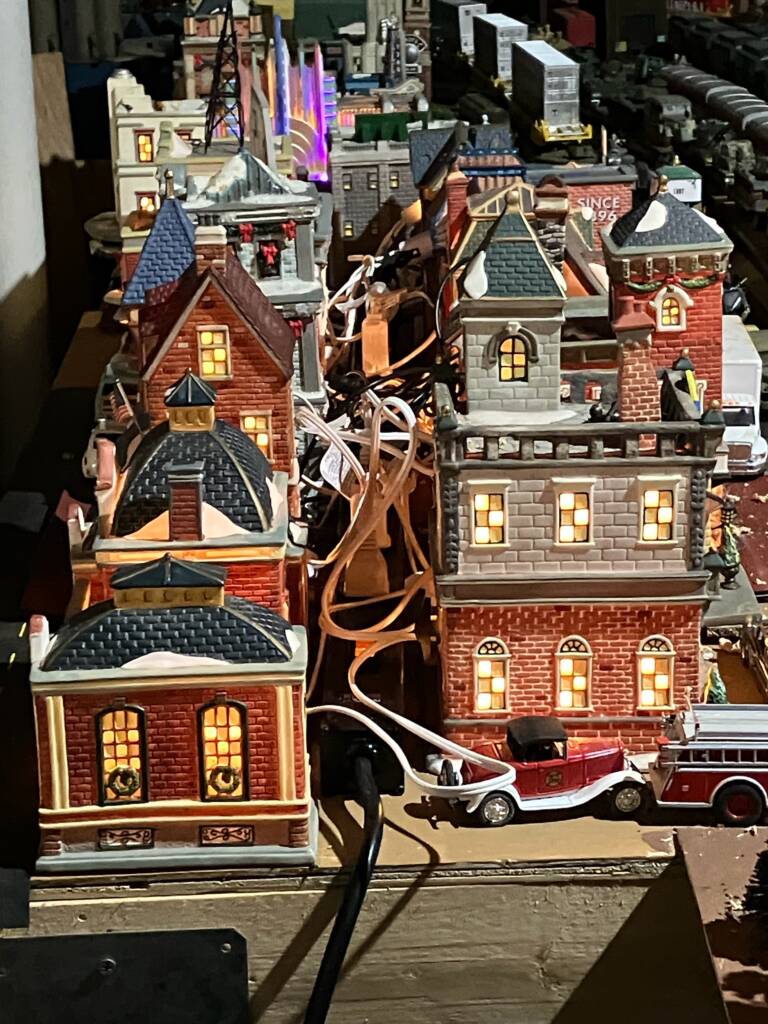
You’ve learned a few things about toy trains, and maybe even bought a few items or pieces of track. You have a spare room and would like to build a layout. What’s next? Before you start building, we’ve got a list of what to consider first. No. 1 Consider your space Consider the room or […]
Read More…
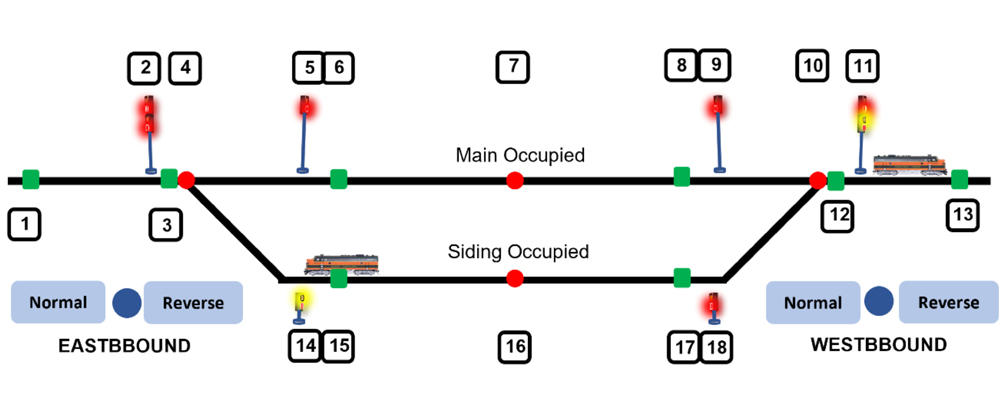
The following project is an update of Gary D. Patterson’s “Simplified CTC signals” in the July 1988 issue of MR. Bringing the project up to date was a large endeavour. The block control project now incorporates “all” solid-state components controlled by an Arduino microcontroller. I refer to this updated article as “CTC Signals 2.0.” The […]
Read More…
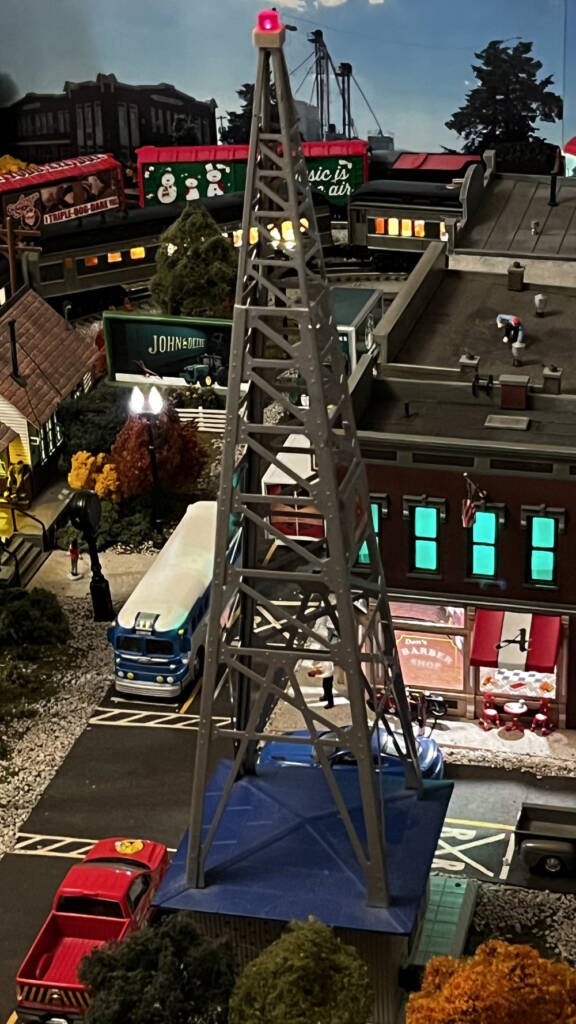
One of the joys of modern model railroading is incorporating new technology. Using a familiar mobile device, for instance, can add more life and realism to a layout. About five years ago, as I was building my 4 x 8 O gauge layout, I read about Lionel’s No. 84611 Bluetooth Radio Tower and its functionality […]
Read More…

In 2023, I wrote an article about four young men under the age of 40 that were either modelers or worked in the model railroad industry. I had noticed a lot of young people working for various manufacturers at the National Train Show in Grapevine, Texas. Since then, I had the opportunity to attend the […]
Read More…
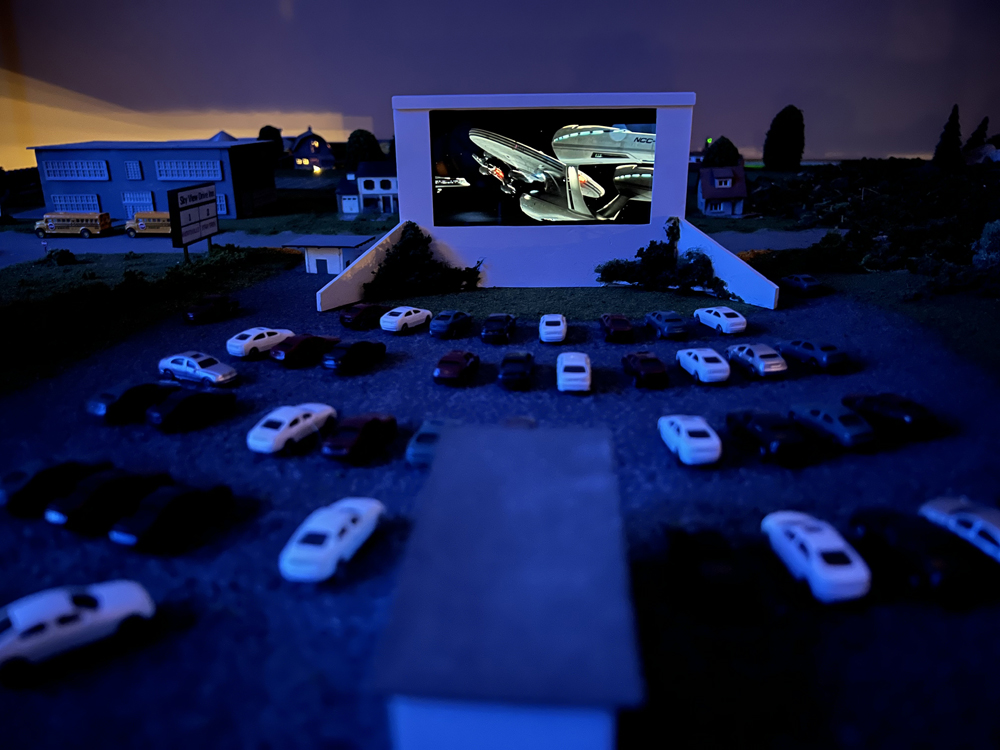
Over nearly 40 years I’ve built seven train layouts. I started out with N scale, then discovered large scale trains. I’ve built both indoor and outdoor large scale layouts over the years. I loved my backyard garden railroad but had to give it up due to structural issues and age. So I returned to my […]
Read More…
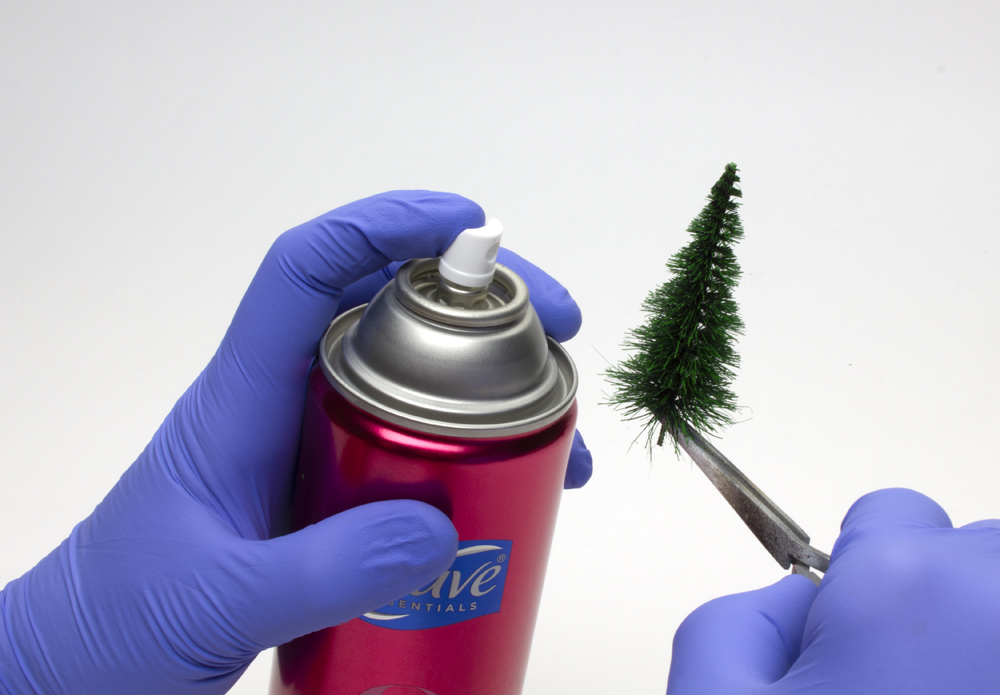
While commercial snow-covered trees are easy to come by during the holiday season, here’s an option for you to make your own. I was able to make a lot of snowy trees for our Polar Express layout quickly by using the method shown here. You need just three things: cheap hairspray, a bag or two […]
Read More…
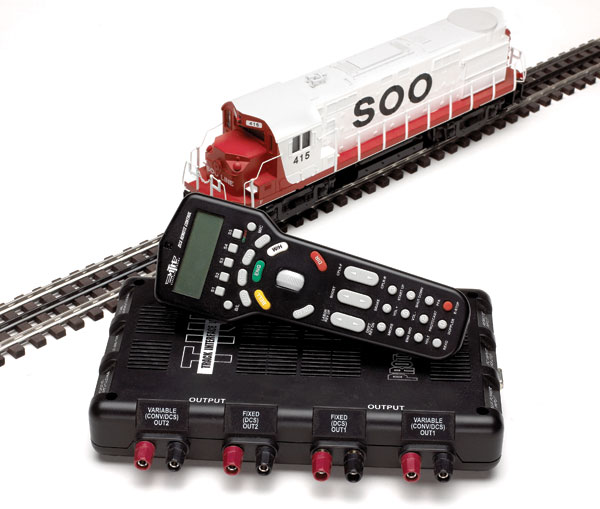
In the July 2005 issue of Classic Toy Trains, I wrote a story about adding MTH’s Digital Command System to medium- and large-sized layouts. Here are some other tips and tricks I learned when planning and physically installing wiring for DCS on my 19- by 19-foot O gauge layout. First, you should design your wiring […]
Read More…
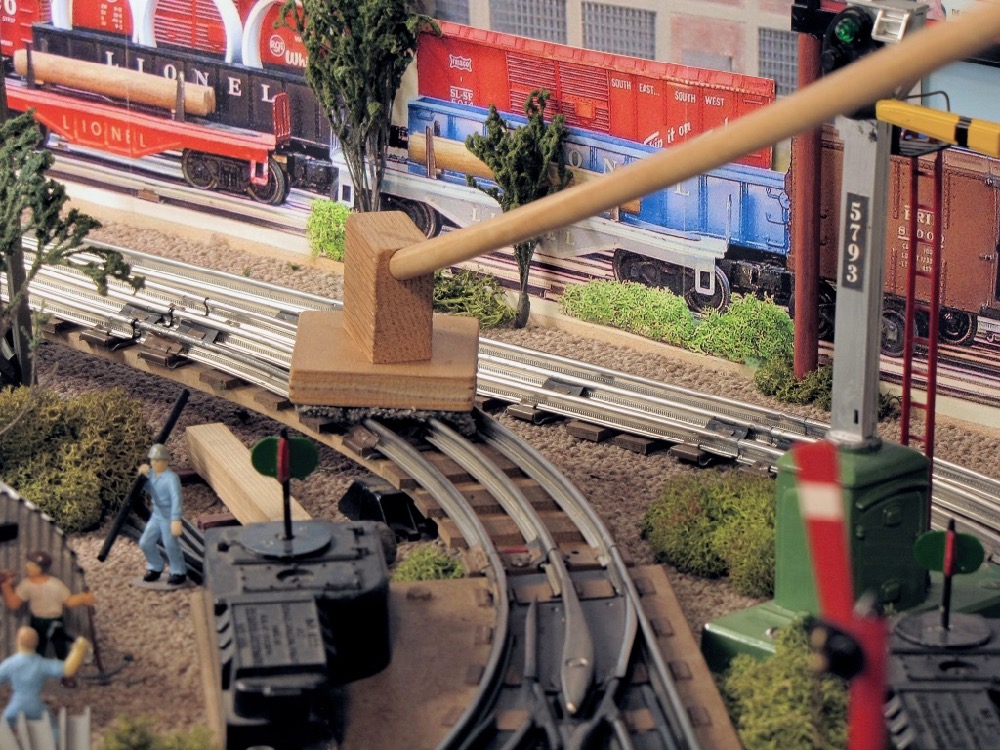
No doubt about it, trains run better when you keep the rails clean. There are many commercial products on the market that get the job done, but when I clean my O gauge layout (see “Postwar gem in 55 square feet” in the November 2012 issue of Classic Toy Trains), I reach for my homemade […]
Read More…
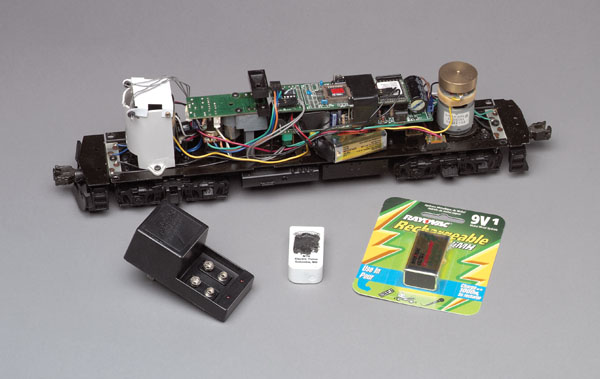
The age of miniscule computer chips has delivered sweet sounds to modern toy train locomotives. But such systems can add a sour note when they start acting “funny.” MTH’s original ProtoSound and ProtoSound 2.0 systems can create great anxiety when the systems backfire. The culprit is often a component that’s hardly hi-tech. It’s the battery. […]
Read More…
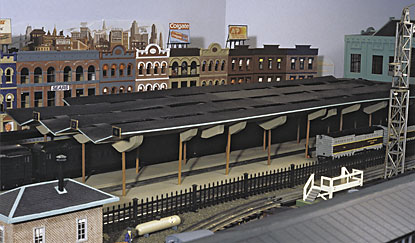
In the October 2005 issue, I explained how to build a large terminal building for your O gauge layout. But the actual building is only part of a terminal complex. Whether it’s a terminal (with stub tracks ending next to it), or a station (with through tracks beside it), there’s almost always a train shed […]
Read More…
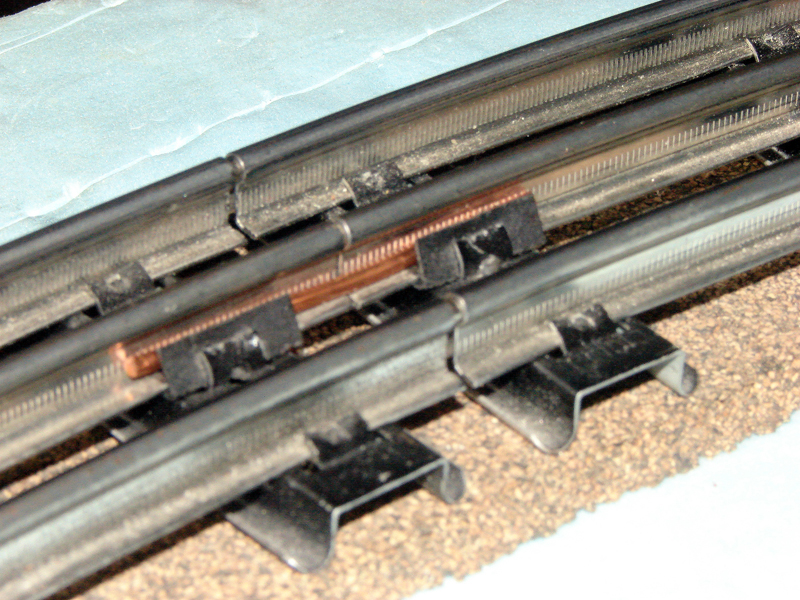
One of the common drawbacks of tubular track, particularly older pieces, is inconsistent electrical conductivity. This is caused primarily by corrosion inside the rails interfering with the flow of power through the track pins. I tried a number of solutions, including soldering track together (bad idea), running jumper wires from center rail to center rail, […]
Read More…












